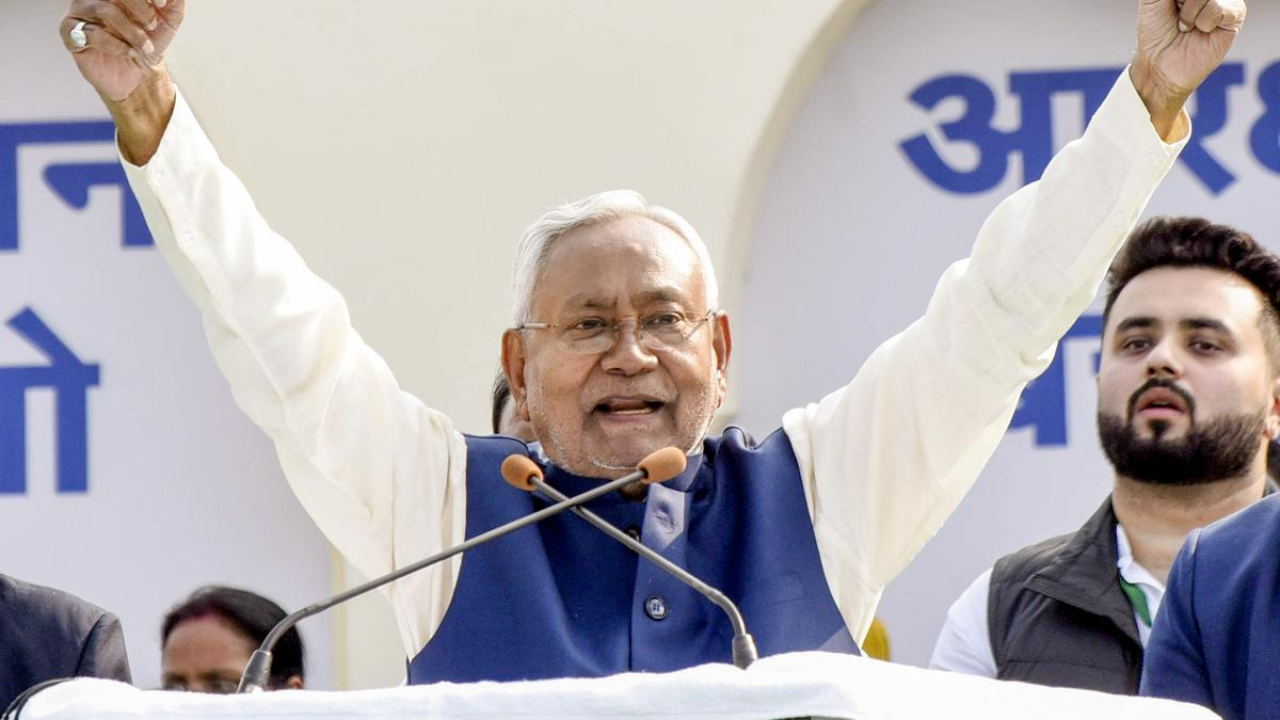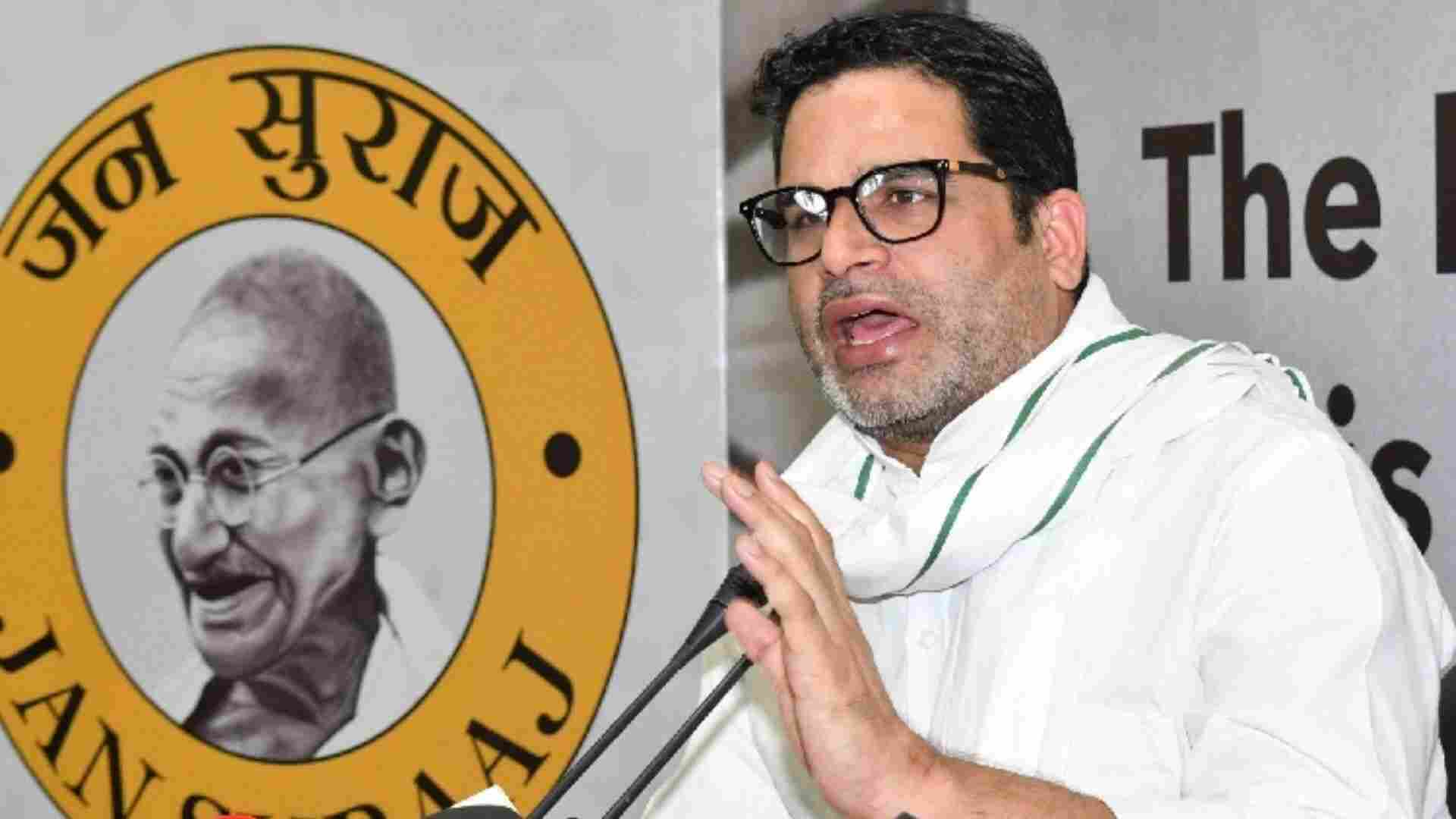
On Saturday, Nitish Kumar’s Janata Dal United (JD(U)) reiterated its demand for a special category status grant or a special package for Bihar. This resolution was passed during the party’s national executive meeting, underscoring a long-standing appeal for greater financial assistance to address the state’s developmental challenges.
The special category status (SCS) was introduced in 1969 based on the fifth finance commission’s recommendations. It aims to provide additional financial aid and benefits to states grappling with geographical and socio-economic hurdles. The concept was developed by social scientist Dhananjay Ramchandra Gadgil, the then-deputy chairman of the Planning Commission, during the formulation of the third five-year plan.
According to the Gadgil Formula, a state qualifies for special category status if it possesses the following characteristics:
In the past, the National Development Council of the former Planning Commission granted SCS to various states. Eleven states have received this status: Assam, Nagaland, Himachal Pradesh, Manipur, Meghalaya, Sikkim, Tripura, Arunachal Pradesh, Mizoram, Uttarakhand, and Telangana. Telangana, India’s newest state, was granted this status following its separation from Andhra Pradesh.
However, the 14th Finance Commission abolished the ‘special category status’ for states, with the exception of Northeastern and three hill states. To bridge the resource gap of these states, the commission proposed increasing tax devolution from 32% to 42%.
The demand for special status remains a pressing issue for certain states. The Bharatiya Janata Party’s (BJP) alliance partners, including the Telugu Desam Party (TDP) and JD(U), have been vocal about this need for their respective states.
For instance, the TDP, based in Andhra Pradesh, argues that the state faces significant economic and developmental challenges following its bifurcation in 2014. They believe that obtaining special status would attract investments, create jobs, and boost overall growth in the region.
Similarly, JD(U) insists that Bihar’s developmental needs warrant special attention and financial support from the central government. Nitish Kumar and his party continue to press for this recognition to uplift Bihar’s socio-economic landscape.
As states like Bihar and Andhra Pradesh push for special status, the debate over fair resource allocation and regional development remains a significant political and economic discourse in India.















